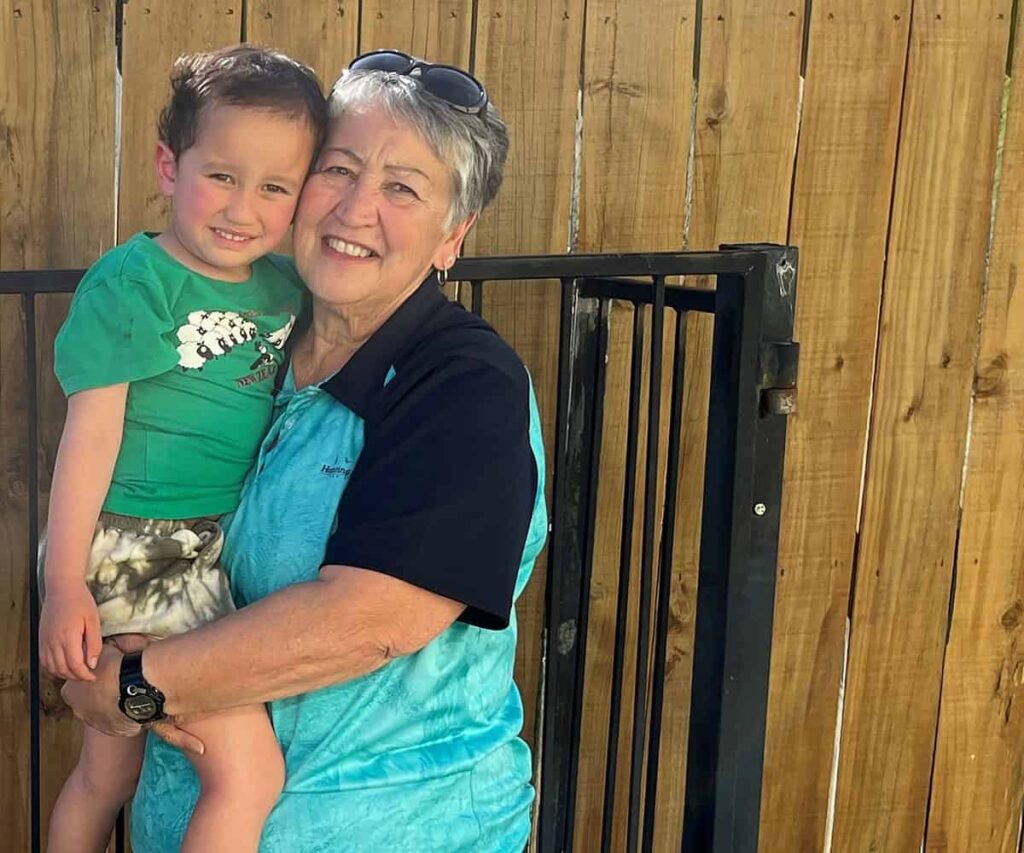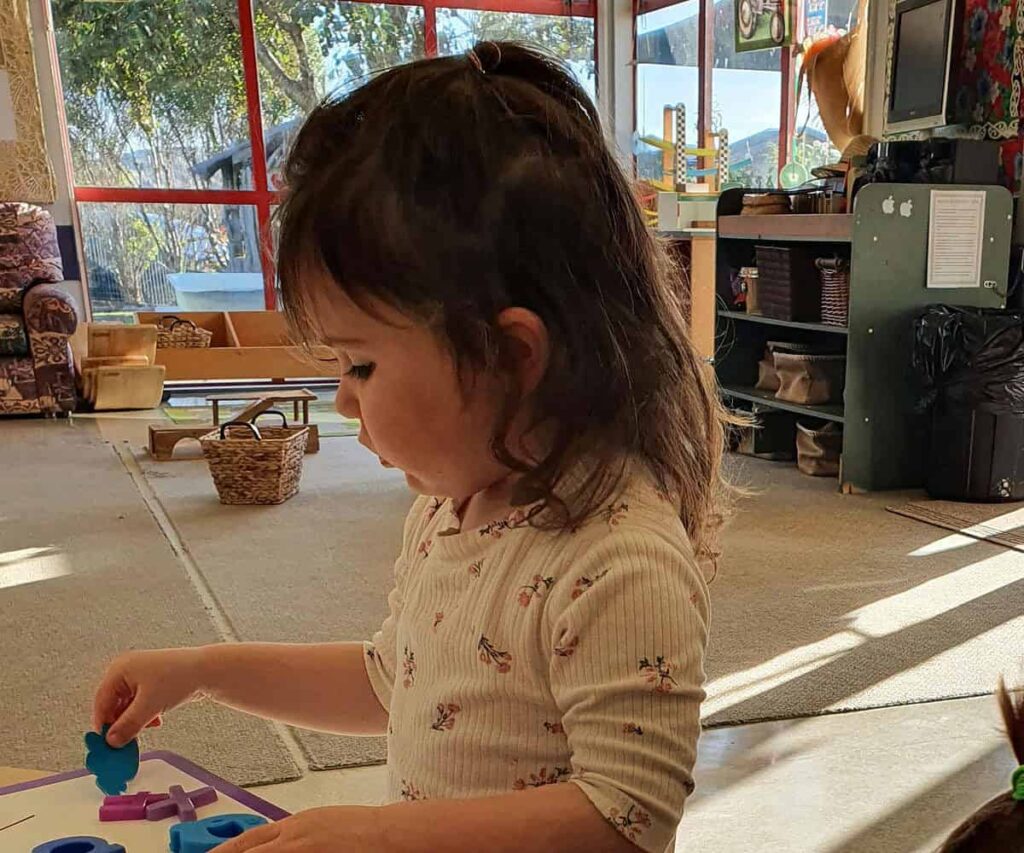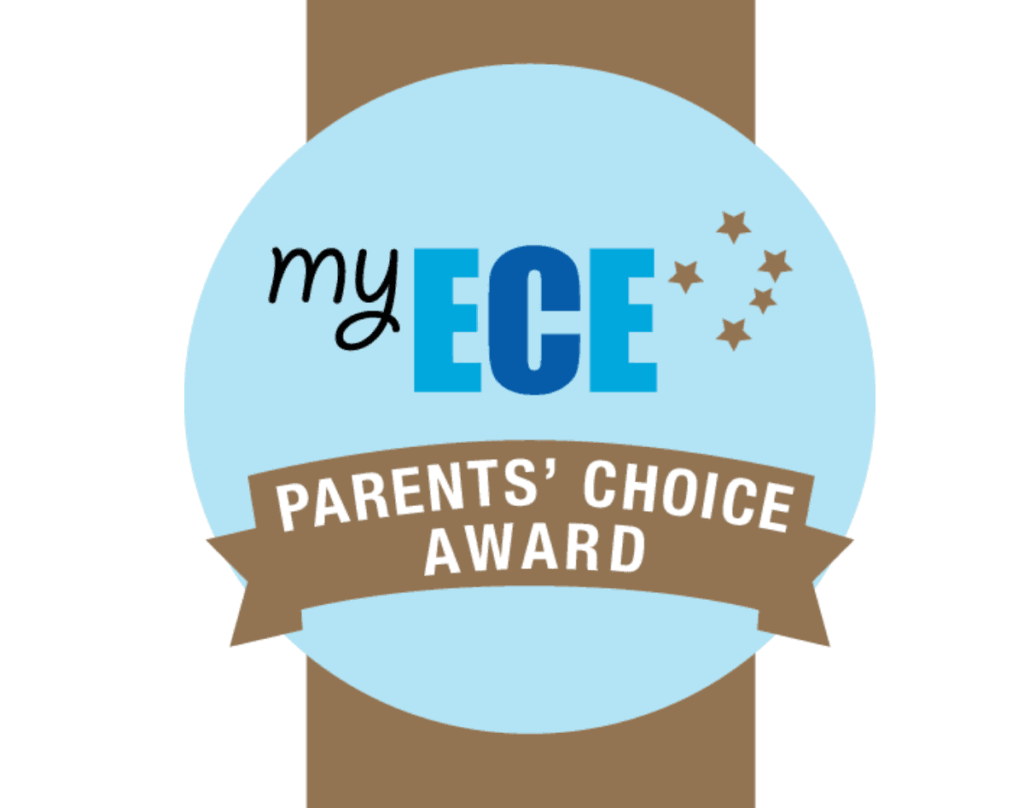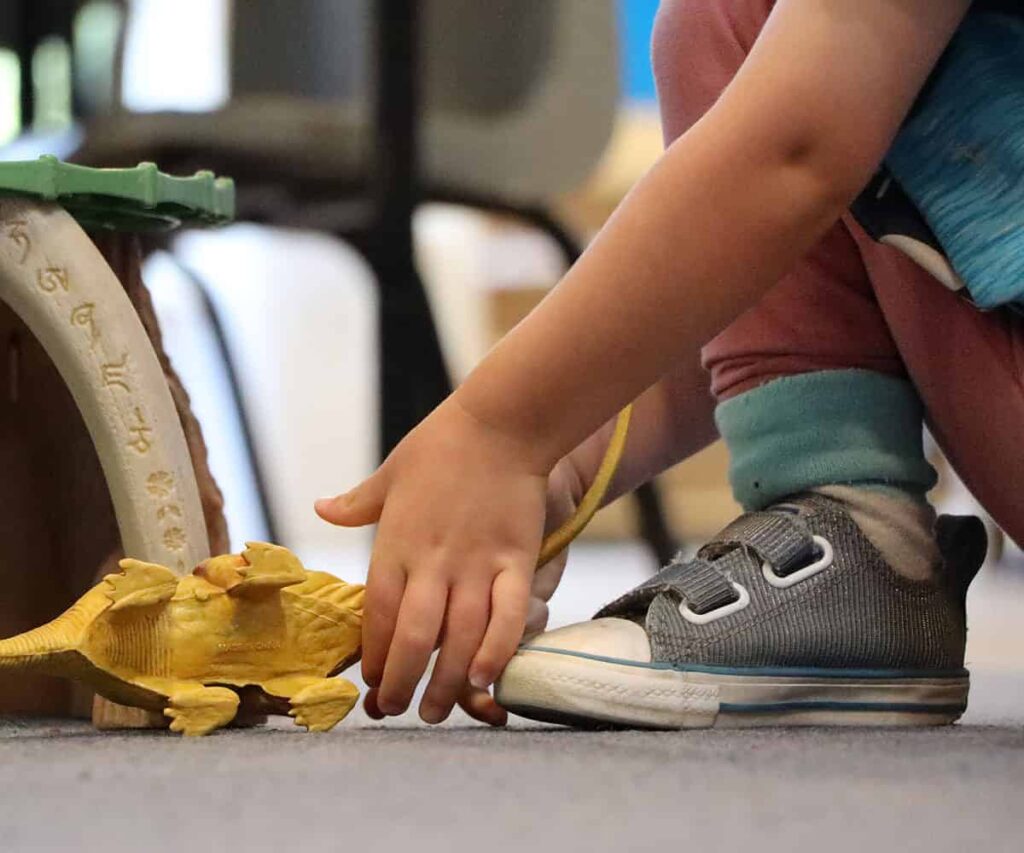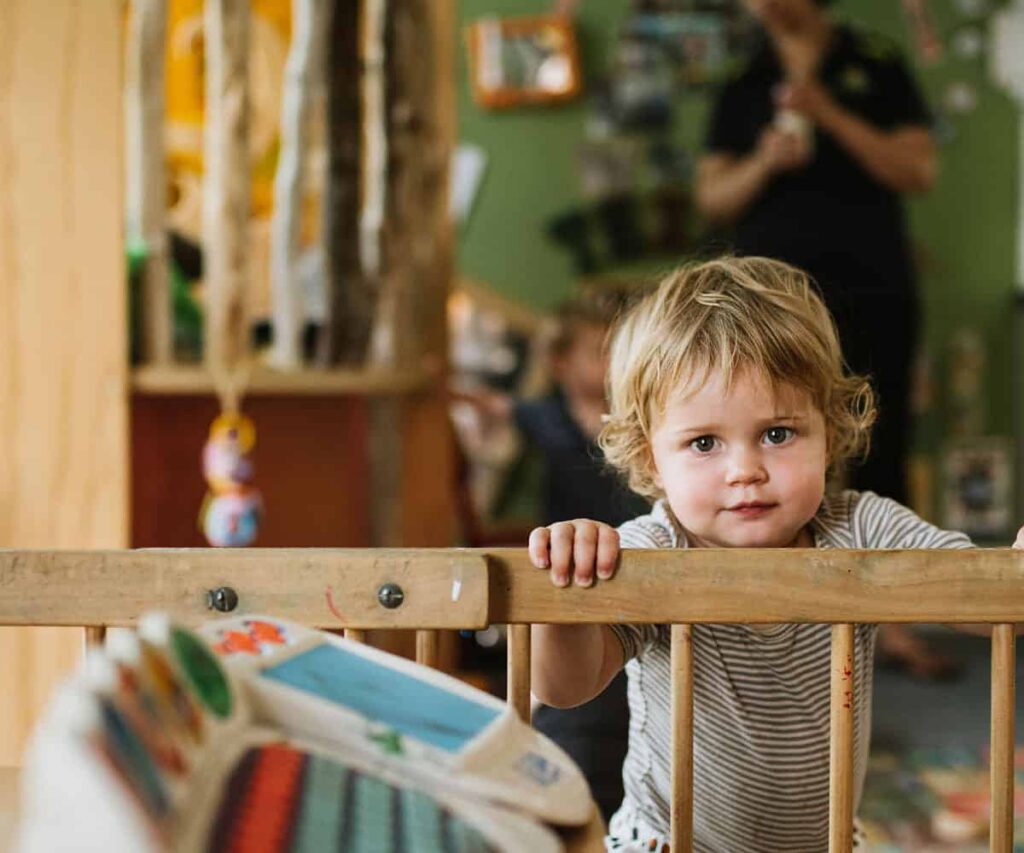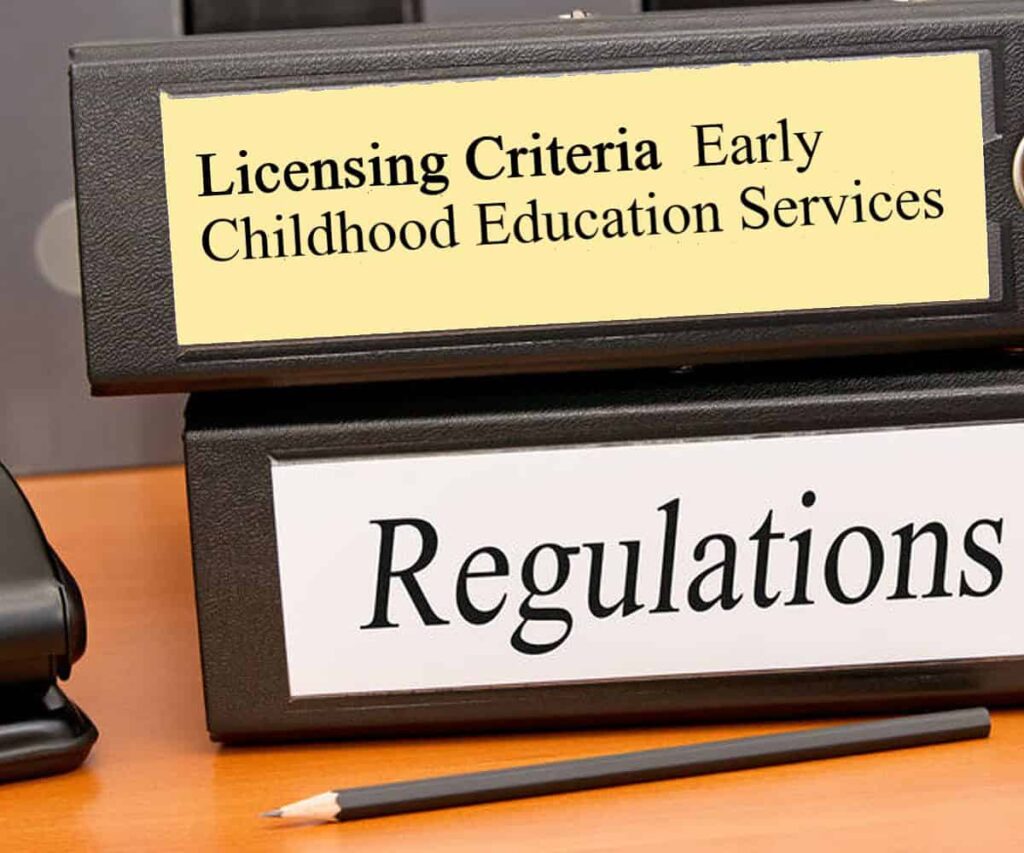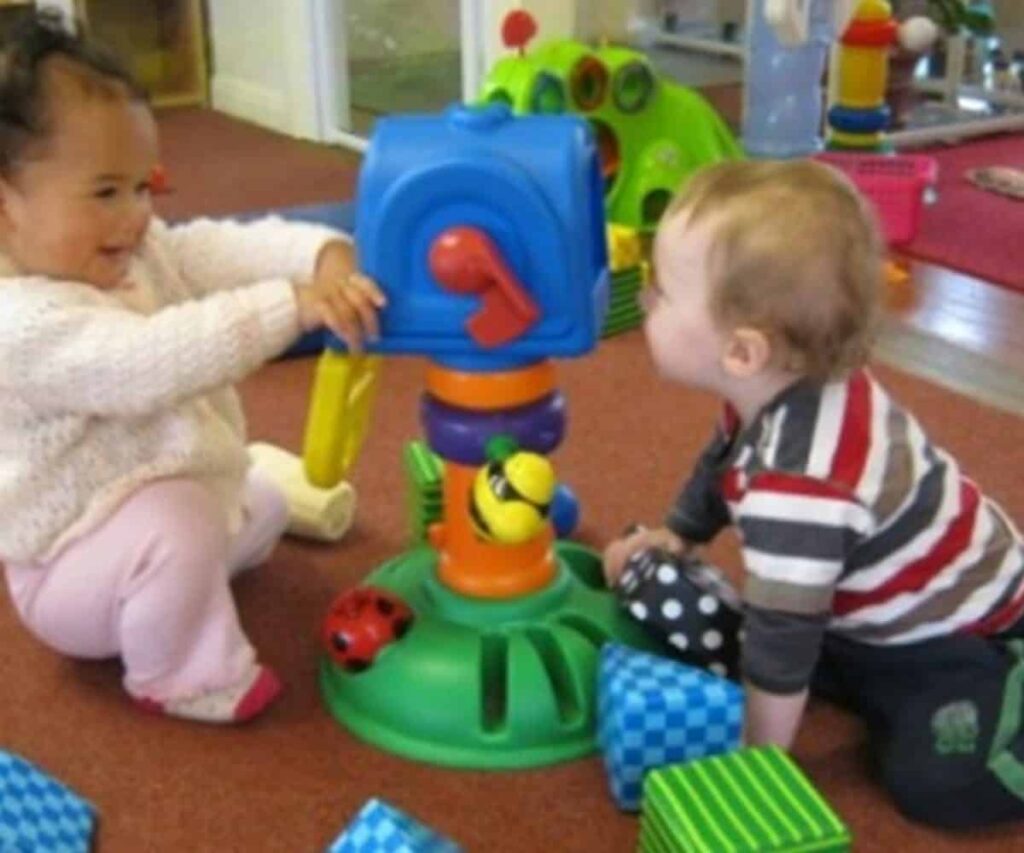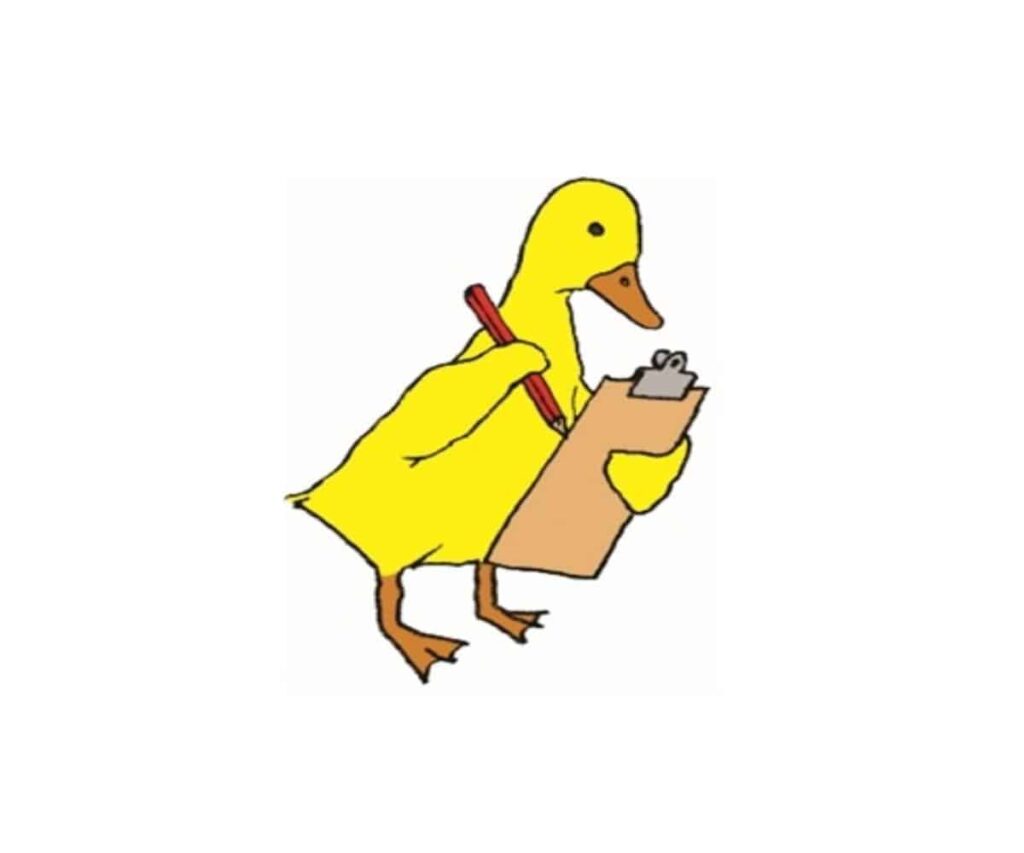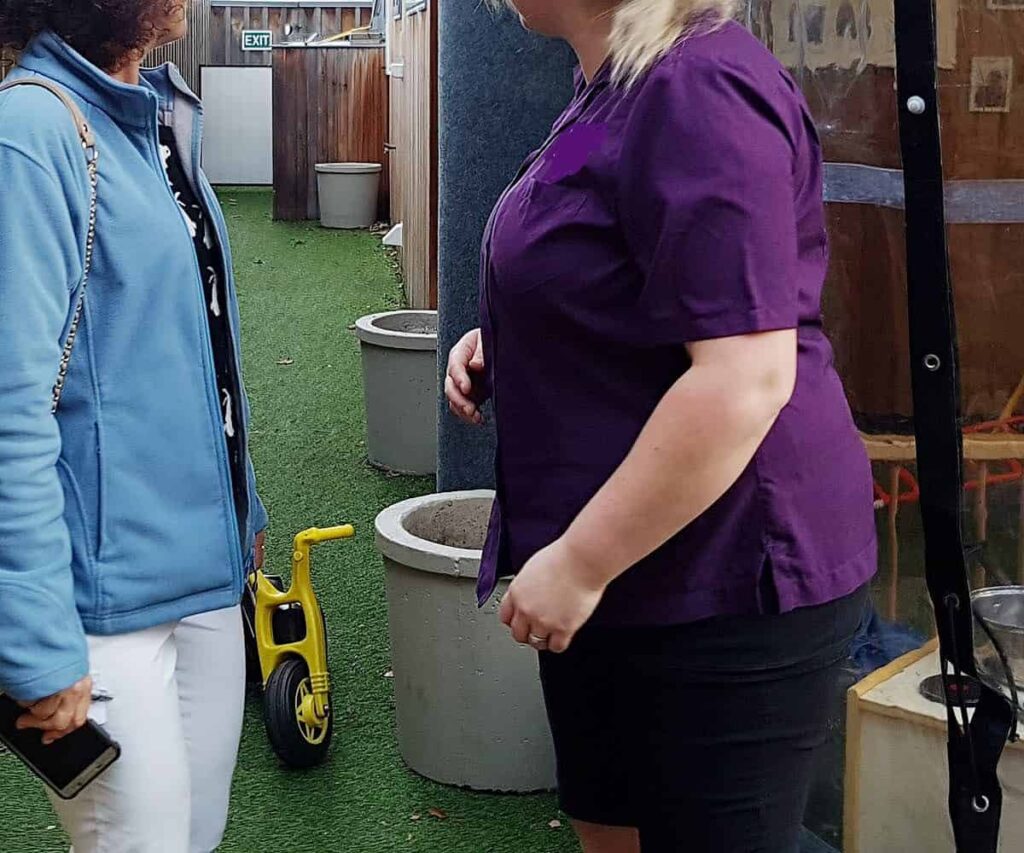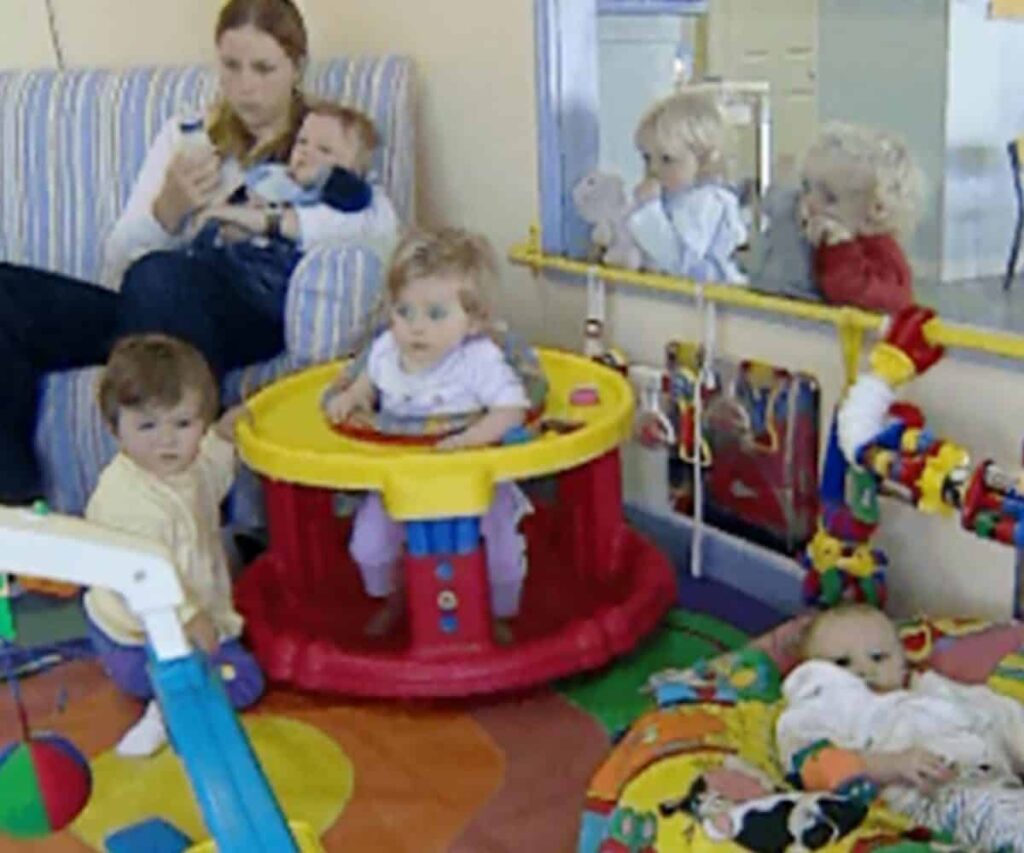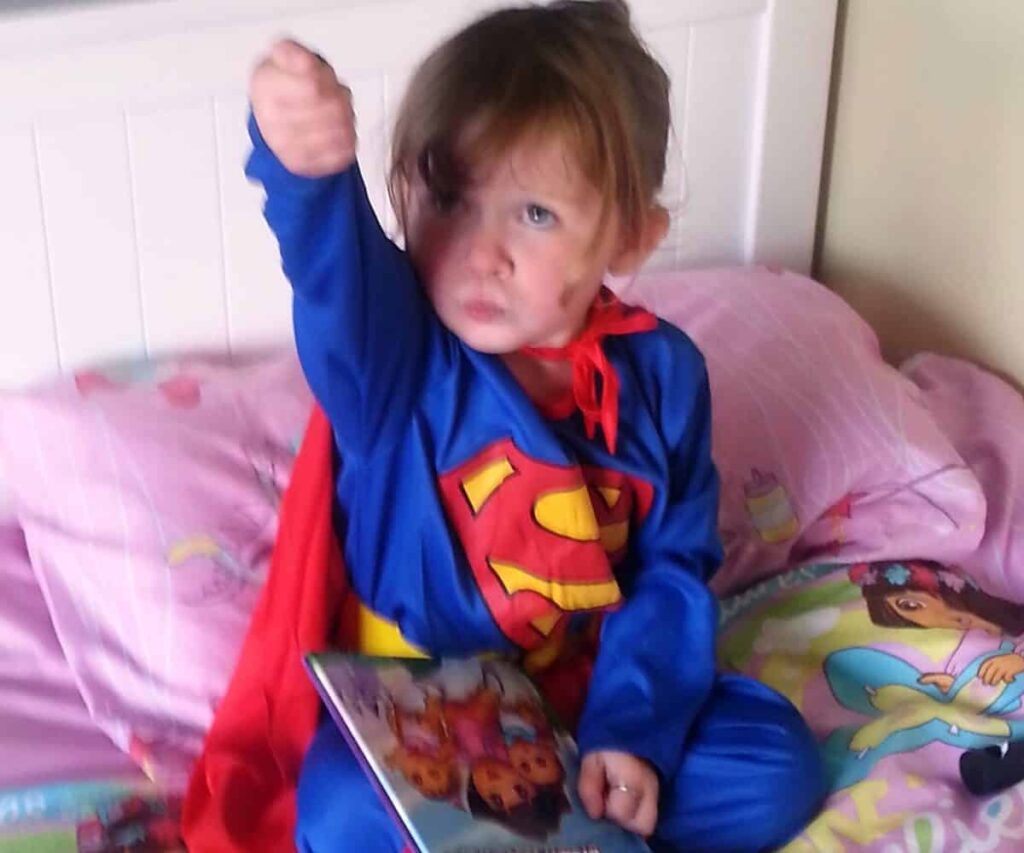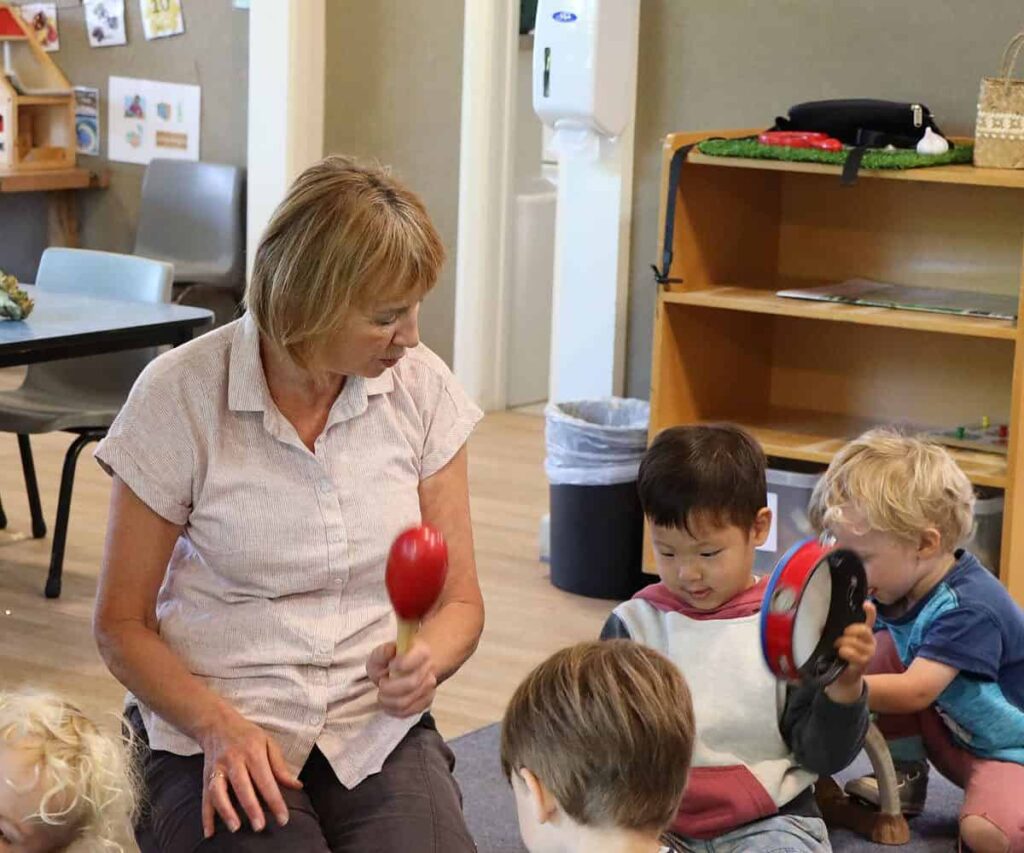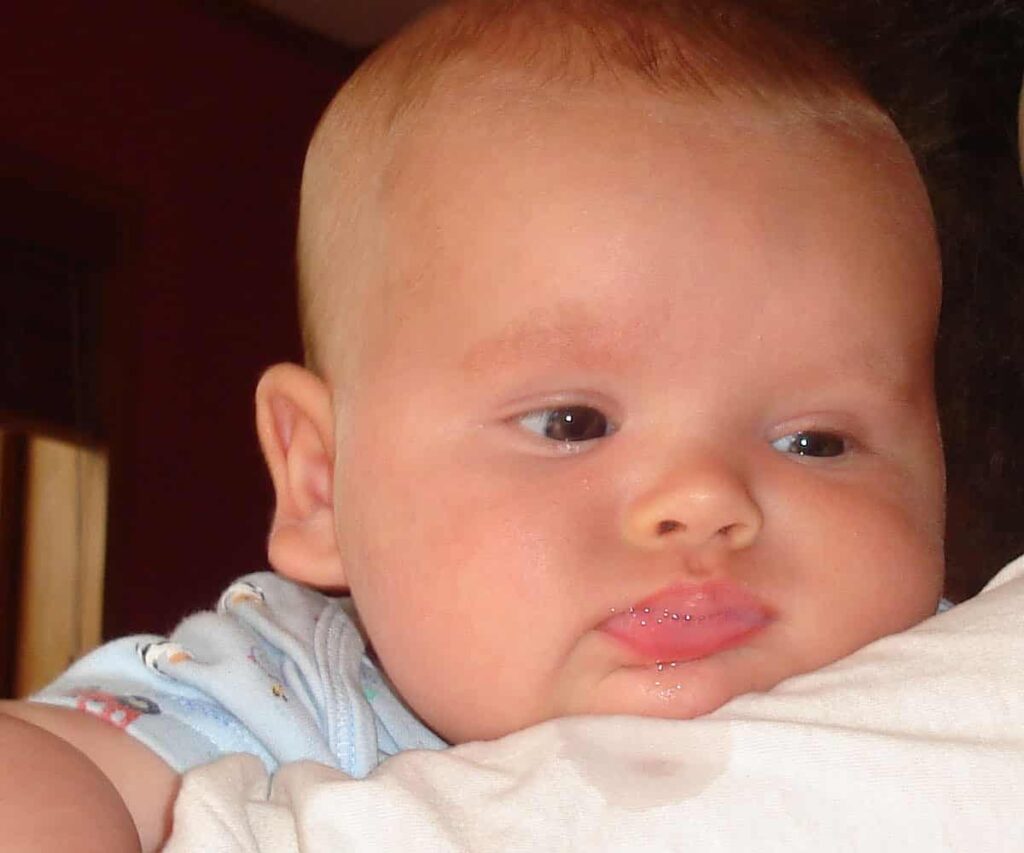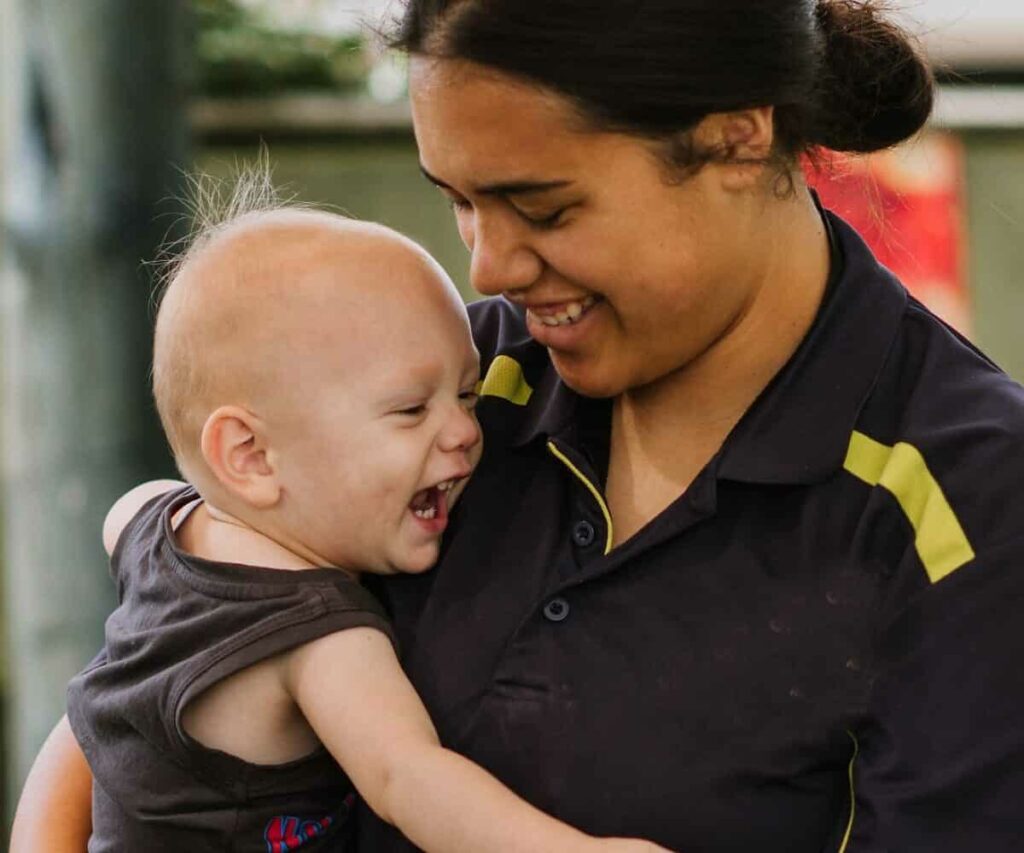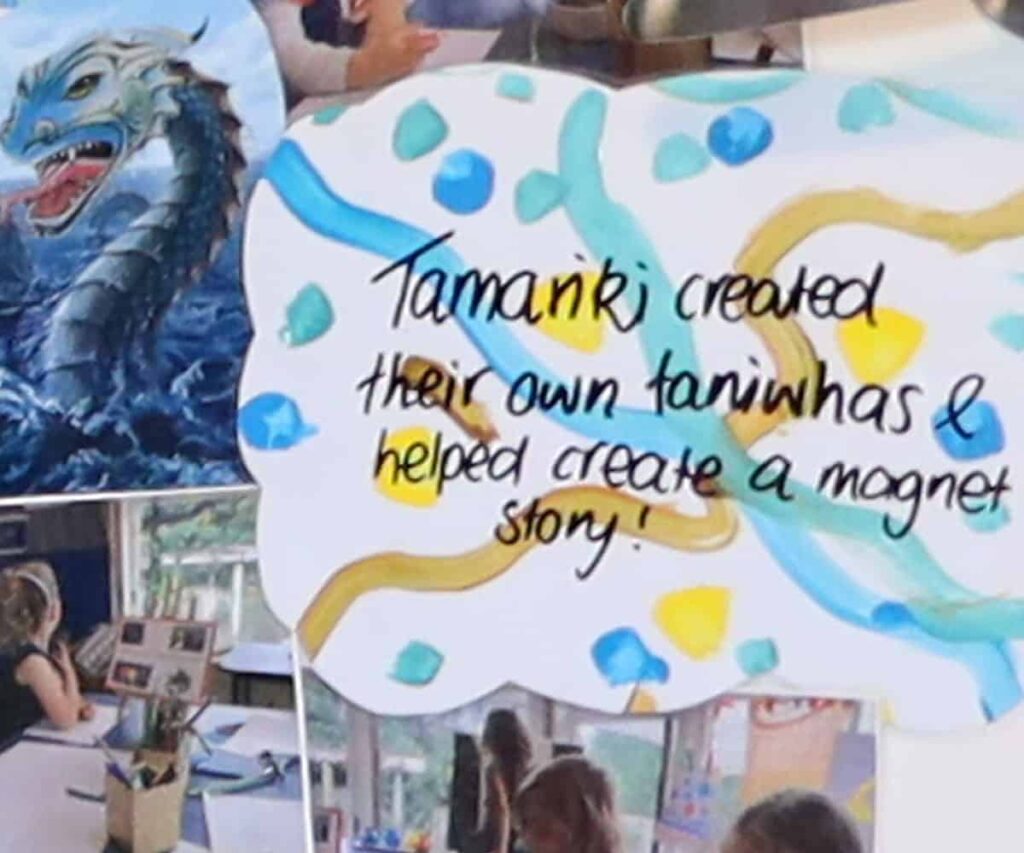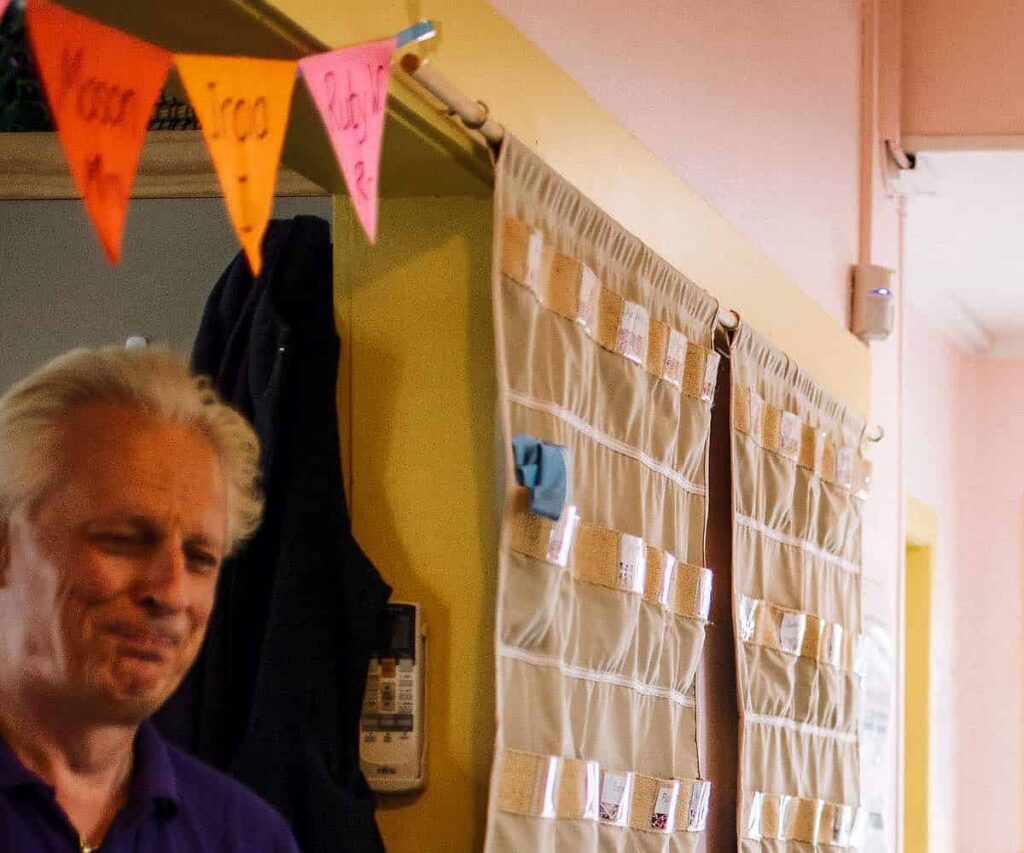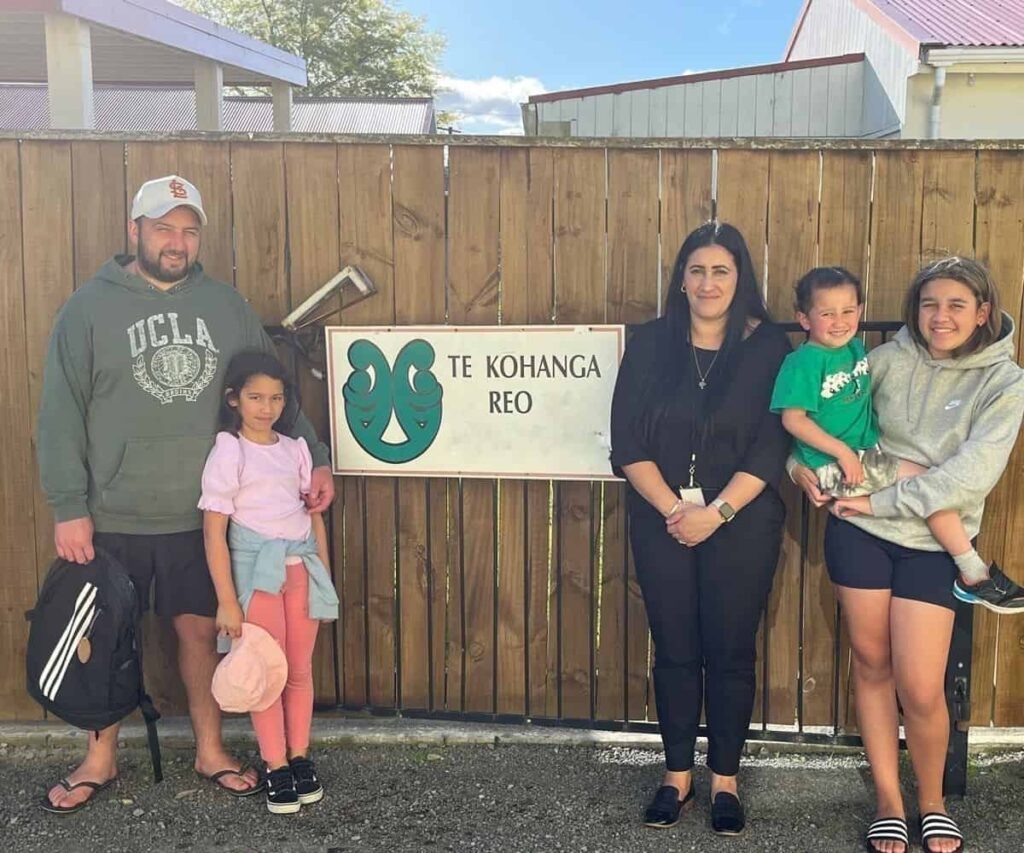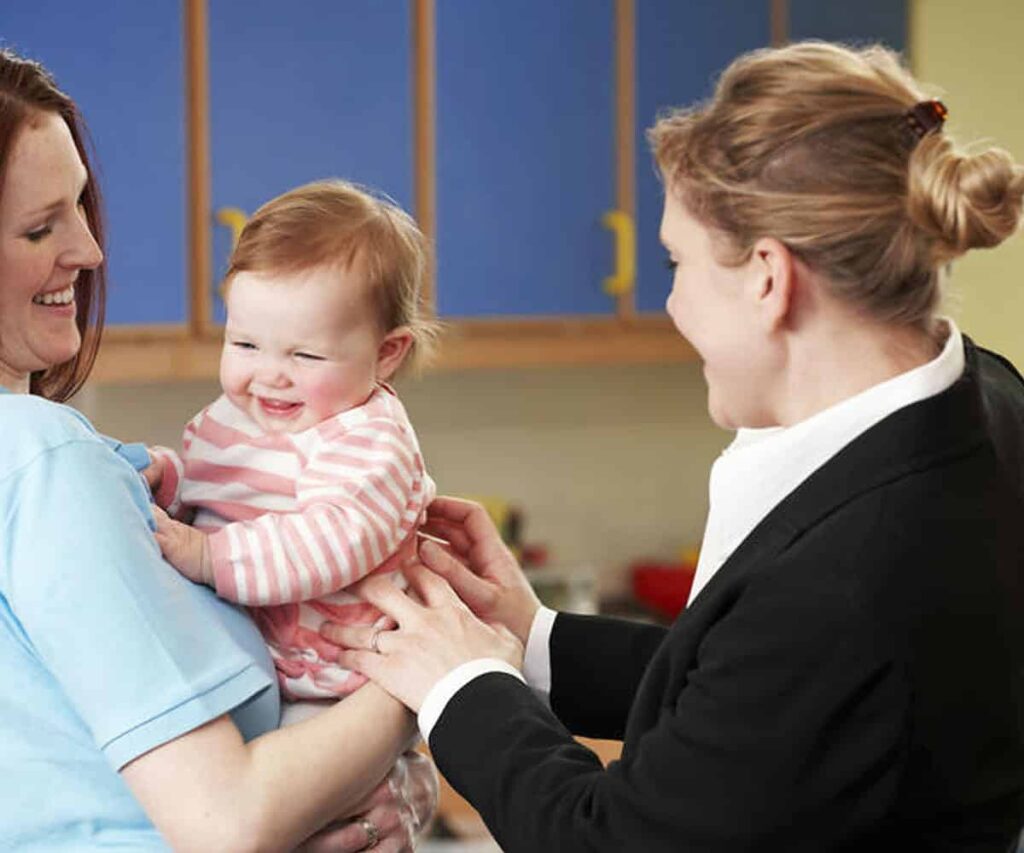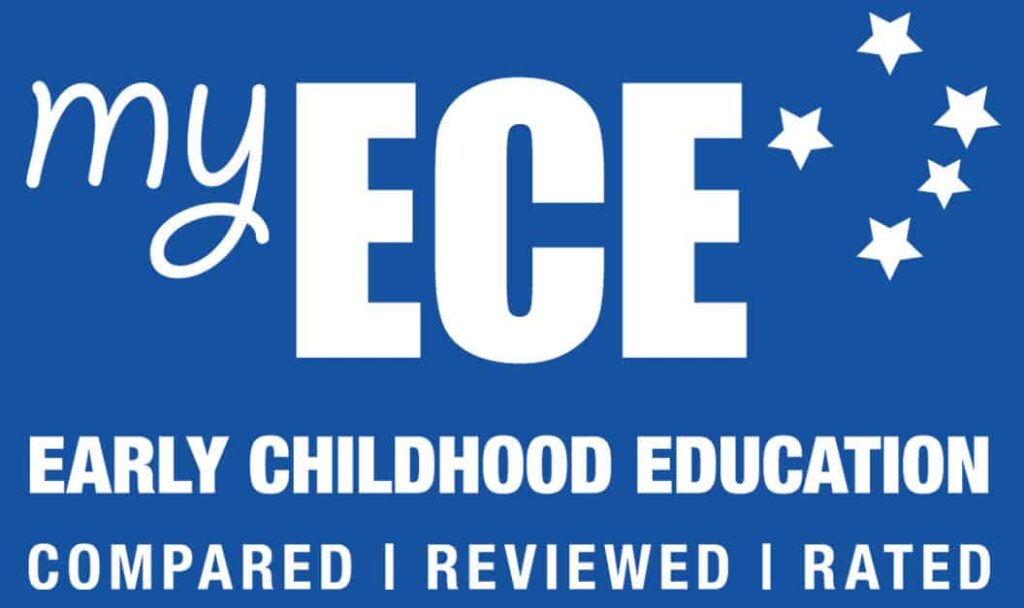Teaching children the ethics of care can start from a young age. To try to explain how this is possible here is an example of a naturally occurring opportunity to support a young child to learn about the ethics of care in relation to society’s treatment and use of animals.
A child asked:
Why did the baby cows get killed?
The child had watched a TV news documentary a couple of days earlier showing cruelty to calves that had been sent off by farmers to be killed at an abattoir.
Would you expect an early childhood teacher or educator to answer the child’s question fully, partly, or divert the child’s attention to talking about something else?
The ethics of care
Dr Sarah Alexander suggests that teachers have a responsibility to encourage children to think, articulate their thoughts, and extend children’s minds. Helping children to learn about their world by responding to questions with sensitivity and care is part of this.
Such questions can be taken up as opportunity to encourage the child to think about their own thinking (this is important for developing metacognitive skills)
The early years of children’s development is a suitable time to begin to foster a child’s awareness that an action a person takes can affect the interests of others, including animals. “How do you think the calves felt?”. “Was the man beating the calves worried about them?”.
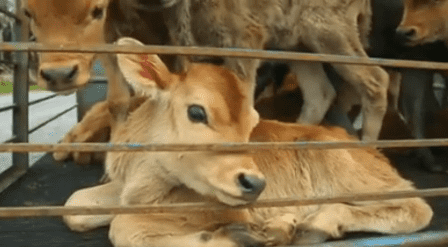
Perspective-taking is an important skill to introduce and nurture in young children. Without an ability to see that one’s own perspective is not always the only one and acknowledge that there can be other perspectives it is difficult as an adult to participate successfully in society.
How would you like to see an early childhood teacher respond when a child wants to talk or learn about such matters?
You may also be interested in reading
Gun, weapon, and superhero play – Problems with this and opportunities
Teaching children to be resilient
Ready for school programmes and structured classes/activities
